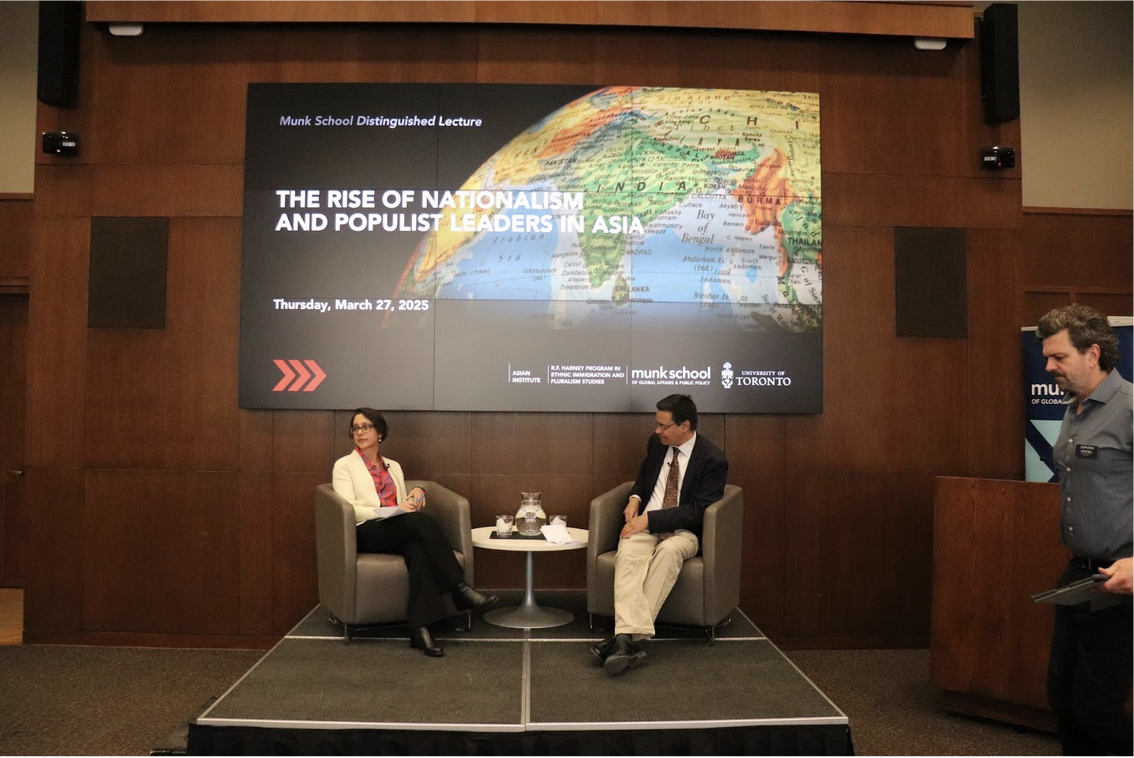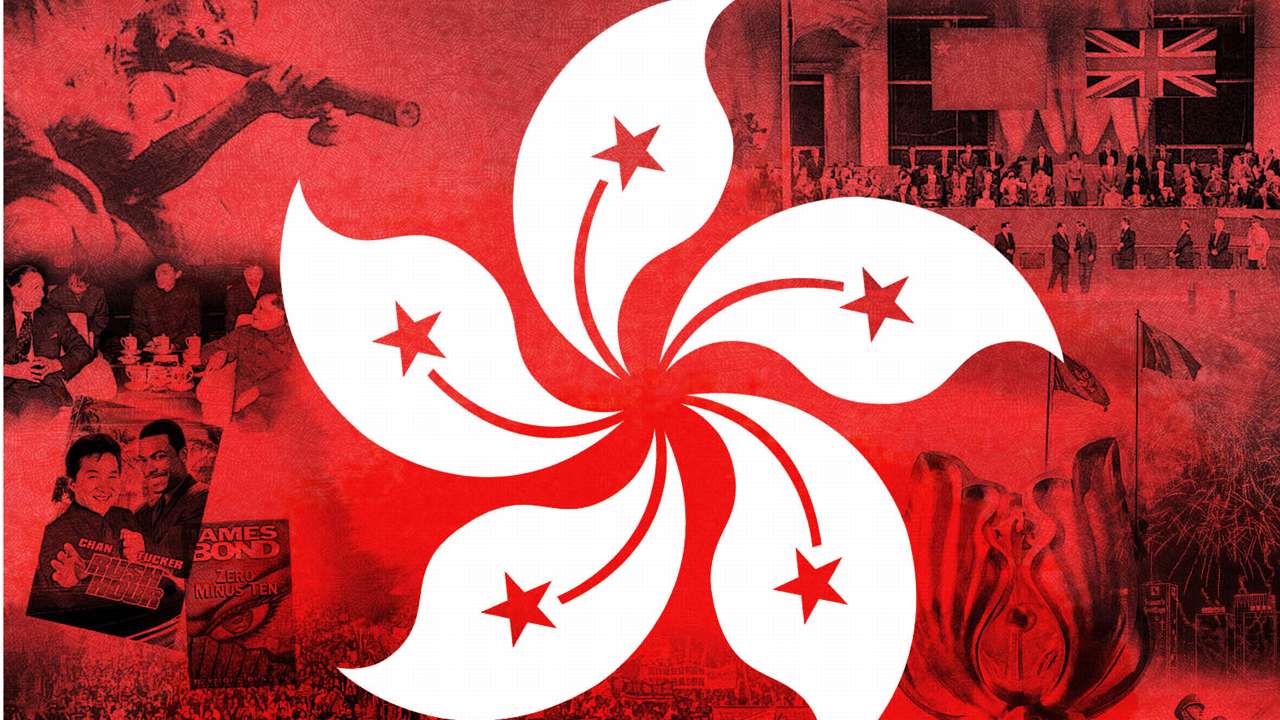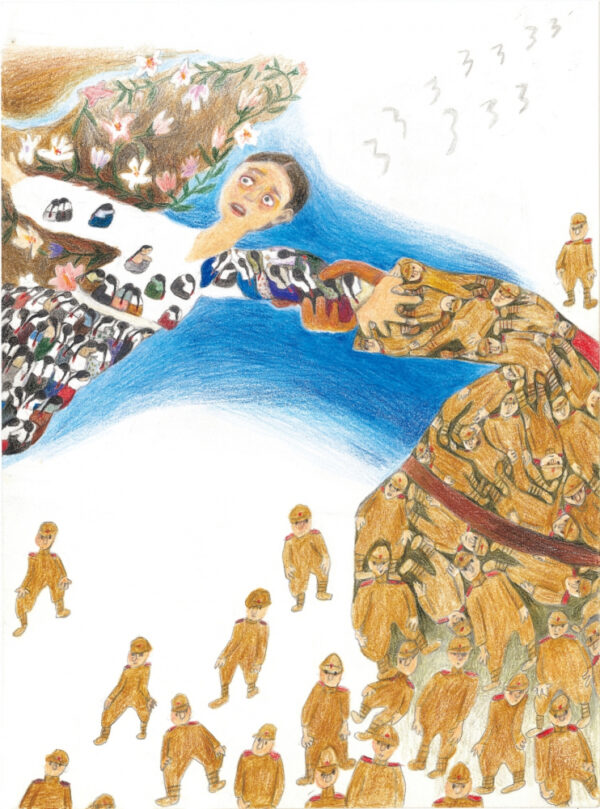This Event was covered by both our East Asia event reporter, Brandon Zhang, and our South Asia event reporter, Hamza Noor. Both highlight different aspects of the event pertaining to their relevant region. You can find Hamza’s article here.
Understanding Chinese Nationalism in the Xi Jinping Era
Nationalism isn’t just making a comeback—it’s become a defining force in how countries like China assert their power, legitimacy, and identity in the modern world. At a recent event hosted by the Munk School on March 27, 2025, Professor Rana Mitter—the ST Lee Chair in US-Asia Relations at the Harvard Kennedy School and a renowned expert on contemporary China—explored how nationalism is evolving under President Xi Jinping. His talk spanned ideology, media narratives, geopolitics, and public opinion, offering a comprehensive view of how China is crafting a new form of nationalism—and why it matters globally.
While many believed globalization would weaken national identities, the opposite has occurred, especially across Asia. Professor Mitter argued that nationalism has become the leading ideological force of our era, shaping not only internal governance but also how countries position themselves on the world stage. In China, nationalism serves two key functions: it reinforces the Chinese Communist Party (CCP)’s legitimacy and supports the country’s global ambitions. Far from being outdated, nationalism is a cornerstone of China’s current strategy.
A central theme in the discussion was that nationalism is not fixed; it changes to serve the state’s evolving goals. Mitter outlined how this process has taken on new dimensions under Xi’s leadership. He identified four key pillars that define Chinese nationalism today: a compelling historical narrative, economic performance as a source of legitimacy, a cultural revival centred on Confucianism, and the persistence of Marxist ideology.
China’s nationalist narrative is deeply tied to its collective memory of the “Century of Humiliation”—a period between the mid-1800s and mid-1900s when China faced invasion, colonization, and national decline at the hands of foreign powers. This historical grievance remains central to how the CCP justifies its current policies and ambitions. Under Xi, this narrative has become even more pronounced, fueling a drive for national “rejuvenation.”
Since the 1980s, the CCP’s legitimacy has hinged on economic success, essentially offering prosperity in return for political control. But as growth slows, this economic foundation has started to crack. Nationalism is now stepping in to fill the legitimacy gap left by a faltering economy.
A notable shift under Xi is the state’s renewed embrace of traditional Chinese philosophy, especially Confucianism. Once dismissed by Mao Zedong as outdated and feudal, Confucian values are now portrayed as expressions of Chinese greatness. The goal is to build an ideological framework that blends local tradition with socialist ideals, resonating with older generations steeped in Marxist thought and younger citizens drawn to cultural heritage.
Marxism itself hasn’t been discarded. Instead, it’s being fused with cultural conservatism in what Mitter calls a “second recombination”—an ideological blend of Confucian harmony and Marxist struggle. These frameworks often contradict each other, but the CCP doesn’t hide this. Rather, it actively manages the tension, using it to broaden the appeal of nationalism across different social groups.
The conversation also looked at how nationalism functions politically within China—and why it can be both a tool and a risk. The CCP leverages nationalist sentiment to steer public opinion, particularly in times of crisis. Anti-Japan narratives, for example, have been used to redirect domestic frustration. But if nationalism becomes too intense or unpredictable, it can backfire. The party must carefully control how much nationalist fervour is expressed.
A nuanced point raised during the discussion was the effect of COVID lockdowns on national identity. Extended restrictions, especially during the 2022 Shanghai lockdown, led to widespread discontent. Young people, in particular, began to question the government’s effectiveness and the meaning of Chinese identity itself. Online movements like “lying flat” (a rejection of hustle culture) and “run” (a slang term for emigrating) revealed a quiet but growing resistance to the state’s nationalist messaging.
Another emerging theme is the role of gender in China’s nationalist vision. Under Xi, the state has promoted a more traditionally “masculine” Chinese identity, discouraging “effeminate” male celebrities and emphasizing traditional gender roles. This has sparked a backlash from feminist voices online. Campaigns like China’s version of #MeToo (coded as “rice bunny” to evade censorship) shows that nationalism in China isn’t monolithic—there are diverse and conflicting ideas about what it means to be Chinese.
Perhaps the most unexpected point from Mitter’s talk was China’s push to export a kind of “moral nationalism.” The country wants to be seen not just as a major power but as a morally upright one—especially when compared to the West. For instance, China portrays itself as a global leader in green energy, despite being the world’s top carbon emitter. Through Xi’s “ecological civilization” concept, China aims to cast itself as a responsible, ethical force, particularly in the Global South. This mirrors past rhetoric used by Western powers—such as the U.S. championing “great power responsibility” in the 1990s—but reimagined from a Chinese perspective.
Chinese nationalism is not a relic of the past or a replica of Western models. It is a hybrid—rooted in grievance, pride, tradition, and ideology. And it is not unique to China. Similar patterns can be seen in countries like India and the U.S., where nationalism is increasingly emotional, ideological, and central to political power. Understanding how nationalism is changing—especially in a nation as influential as China—is essential for grasping broader global shifts. In a more multipolar and ideologically divided world, nationalism may be more than just the dominant ideology—it could be the glue holding countries together or the force pulling them apart.









